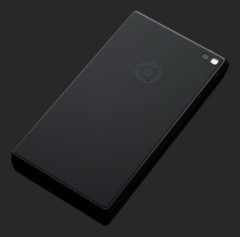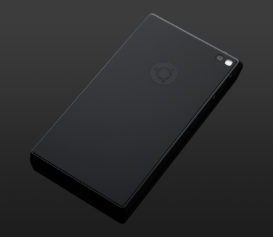Who can forget when HP spent $1.2 billion for Palm, only to give up on its entire ecosystem just 57 days after launching the first webOS tablet? Does anyone even remember Microsoft’s Kin phones, which disappeared in 2010 after just 48 days on the market? That’s faster than most Kardashian marriages.
Right now, there are a number of highly touted new technologies getting ready to take their place in the history books . . . as footnotes. These eight tech products aren’t likely to make it to 2014:
Windows RT: When Microsoft first announced that it was making a version of Windows 8 for ARM-based processors, we were excited by the possibility of a new generation of low-power devices. Unfortunately, rather than doing what it does best–providing a flexible platform for partners and developers–Microsoft put Windows RT on lock down, preventing it from running desktop applications and limiting it to a handful of devices that don’t cost much less than their Windows 8 counterparts.
Even worse, the company gave Windows RT the same exact UI as Windows 8, potentially confusing consumers who buy RT devices thinking that they’re getting the “real” Windows. Sales for Windows RT devices have been so bad and return rates so high that chip-makers like Nvidia have publicly voiced their disappointment, while partners like Samsung have cancelled planned devices. Analyst firm IDC predicts Windows RT will achieve only a 1.9 percent market share in 2013 which will grow to just 2.7 percent by 2017.
What Microsoft should do is make Windows RT compatible with x86 desktop platforms and work with OEMs to lower the price of devices so they are price-competitive with Android tablets. What it will do is kill this failing platform by the end of the year.
Chromebook Pixel: Chromebooks as a category are doing very well, with the $249 Samsung Chromebook dominating Amazon’s list of best-selling laptop computers. With low prices and long battery life, Chromebooks are the 2013 answer to the netbook. However, just as consumers wouldn’t have paid $1,300 for a premium quality Eee PC in 2009, they won’t pay that much for a nicer Chromebook today.
When we reviewed the $1,299 Chromebook Pixel, we were impressed with its beautiful high-res touch screen, comfy keyboard and attractive design. However, for over $1,000 users want a complete desktop OS like Windows or Mac OS X. After its overpriced device fails to catch on with consumers, Google will put the Pixel out to pasture and stop selling it by the end of this year.
Ubuntu Phone: Firefox OS, Tizen, Ubuntu Phone: how many new operating systems does the mobile phone market need? This year, all three of these new platforms are due to make their debut, competing with iOS, Android, Windows Phone and BlackBerry 10.
The PC market has room for an infinite number of platforms, because users can install the OS of their choice on any computer, even one they built themselves. On phones, your platform is worthless if both hardware vendors and carriers, both of whom are extremely conservative, don’t support it.
Samsung is throwing its weight behind Tizen and may even use the OS instead of Android on all its smartphones at some point. Several carriers and handset makers, including Alcatel and ZTE, have already shown off working Firefox OS phones that real carriers plan to sell outside the U.S. It looks like Ubuntu Phone, despite its attractive UI and ability to run desktop apps, will be the odd man out.
Read More: livescience.com

